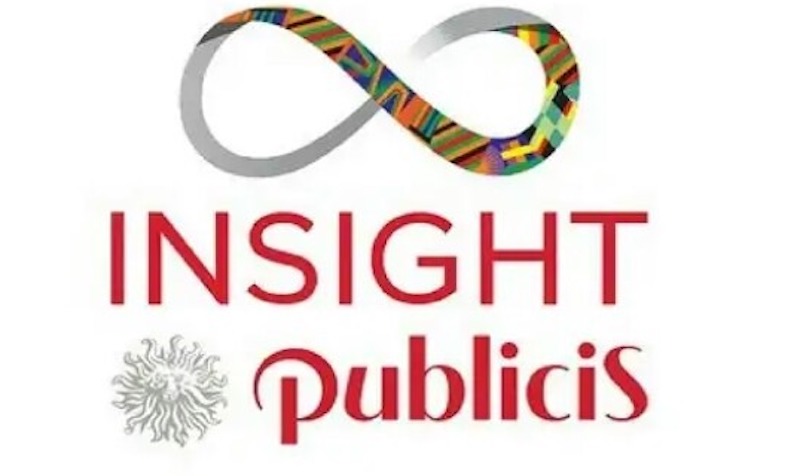Unilever Nigeria-Ghana CEO, Yaw Nsarkoh has assured that Nigerian shareholders have nothing to worry about as the consumer goods giant consummates its transition away from a dual-headed structure, to a singular and more simpler model that allows for less bureaucratic bottlenecks.
Nsarkoh stressed that collapsing into a single entity would benefit the company and shareholders, partly by facilitating big-ticket M&A deals, and other transactions that would inspire growth for the multinational company. The transition to a single-headed structure comes on the back of recent decision by Unilever global board to locate its sole headquarters in the Netherlands.
“The switch is essentially that we had a dual-headed structure, which served the company very well for the first 80 years or so but in a world that is rapidly evolving technologically in terms of digital environment, we were beginning to find that the dual-headed system was becoming a hindrance. Take for example, you wanted to make an acquisition, you had to get clearance from the Dutch board and the UK board. So sometimes before we can do both of those, a competitor that was also trying to get it would have moved because they have a single and unified structure.
Nsarkoh also stressed that the decision had very little to do with the Nigerian operations because it was done at the global level. “We were not involved in the decision. It was the global board doing this. We decided that if we were going to thrive into the future we needed to simplify it”.
While the switch has not been as topical in Nigeria, it is the subject of intense debate in Europe, due to the politics of Brexit. Some stakeholders especially from Britain have argued that they are being punished because of Brexit, but Nsarkoh refutes such claim stressing that it was a decision based on logic and sustainability of the company
“When a company, the size of Unilever makes such an important announcement after some of the recent event, people will interpret it in very many ways. As far as we are concerned this has been done to enhance the long term competitiveness of the business. That is the story.”
He also noted that despite all that have been said, the company has acted in very transparent and responsible way as expected of a world class company and that the switch was a decision taken at a global level and had nothing to do with the Nigerian operations.
“The way we operate, the switch has nothing to do with us. Nigerian shareholders have nothing to worry about. We focus on Nigeria consumers. Political actors have given their interpretation to the development. It’s just like today in Nigeria, if we move a factory from the east to the west and we are seen with a particular politician at the same time people will read meanings to it. But a lot of it is driven by pure economic or logistic considerations.
As a result of the development, Unilever has shut down its British Headquarters; it now has a sole legal home base in the Netherlands.
Since the 1930 merger of the Dutch margarine producer Margarine Unie and the British soap maker Lever Brothers, Unilever has operated with two parent companies – a British Plc headquartered in London and a Dutch NV based in Rotterdam.
Though run as one company, the distinct legal entities have different shareholders, separate stock listings and annual meetings and are subject to different laws and corporate governance requirements.






Comment
No comments found.